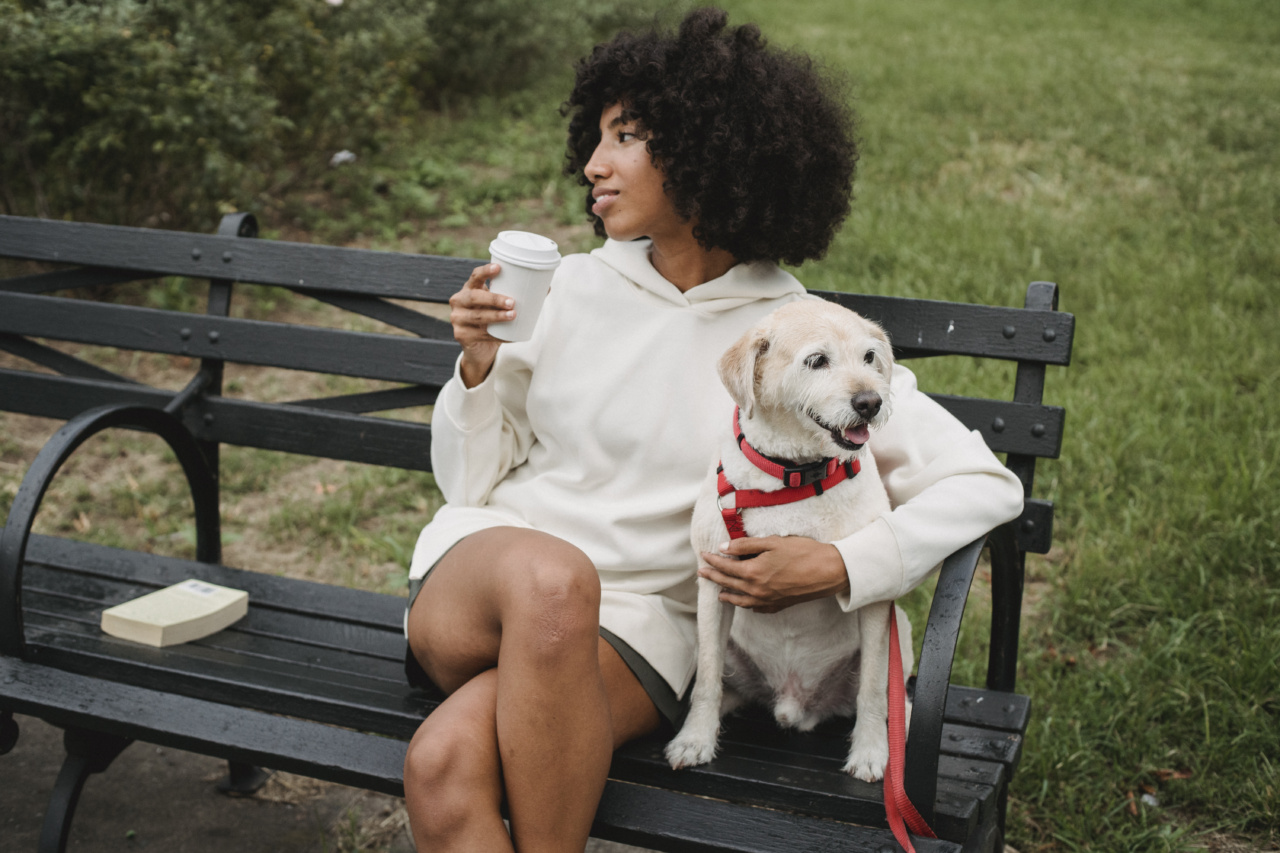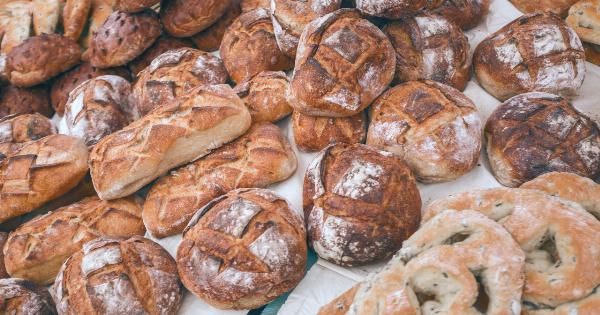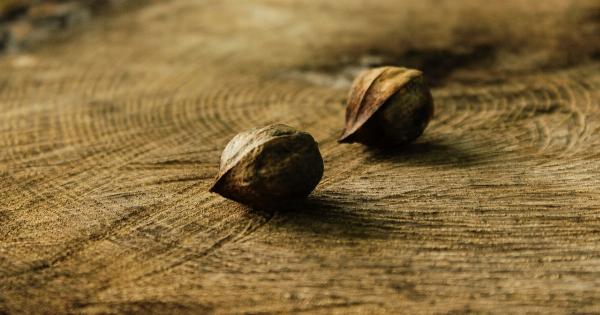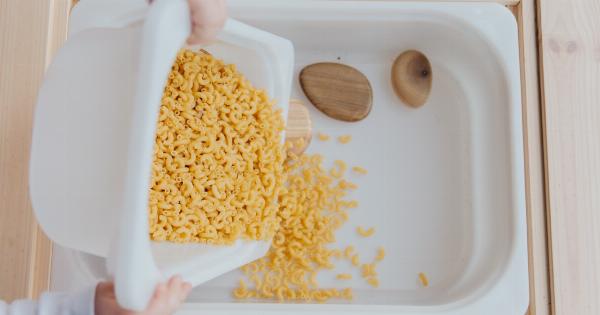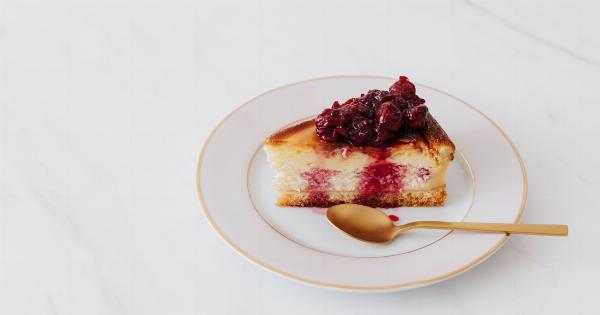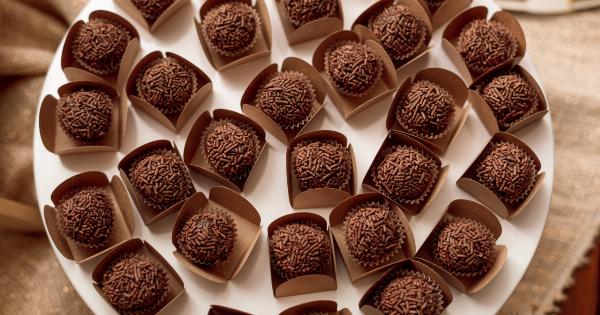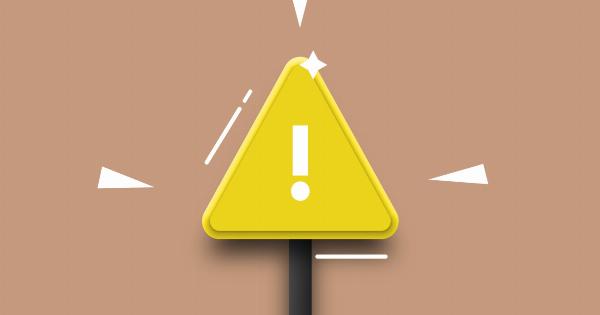Easter is a great time of year to celebrate with friends and family, and many people enjoy spoiling their loved ones with sweet treats and gifts.
However, if you have a furry friend in your life, it is important to remember that some Easter goodies can be harmful or even lethal to them if ingested. Here are a few things to keep away from your pet this Easter:.
1. Chocolate
Chocolate is one of the most common Easter treats, but it can be very dangerous for dogs and cats.
Chocolate contains a chemical called theobromine, which is toxic to animals and can cause symptoms such as vomiting, diarrhea, hyperactivity, seizures, and even death. The darker the chocolate, the higher the amount of theobromine, so keep all chocolate products away from your pet, including cakes, eggs, and candies.
2. Easter lilies
Easter lilies are a popular decoration during the holiday, but they are highly toxic to cats. All parts of the plant, including the leaves, flowers, and pollen, can cause kidney failure in felines if ingested.
Symptoms of lily poisoning include vomiting, loss of appetite, lethargy, and dehydration. If you have cats in your home, it is best to avoid Easter lilies altogether and opt for safer plants such as succulents or air plants.
3. Xylitol
Xylitol is a sugar substitute commonly used in sugar-free gum, mints, and candies. While it may be safe for humans, it can be deadly for dogs. Xylitol causes a rapid release of insulin, leading to a sudden drop in blood sugar, seizures, and liver failure.
If you suspect your dog has ingested any products containing xylitol, seek veterinary assistance immediately.
4. Alcohol
Many people enjoy a glass of wine or a beer during holidays, but it is important to keep alcohol away from pets. Even small amounts of alcohol can cause vomiting, diarrhea, difficulty breathing, coma, and death.
Make sure to keep all cups and bottles out of reach of your furry friend, and clean up any spills immediately.
5. Plastic Easter grass
Plastic Easter grass is often used as a filler for Easter baskets, but it can be hazardous to pets if ingested. If swallowed, it can cause intestinal blockage, which can be life-threatening and require surgery.
Consider using shredded paper, tissue paper, or other natural materials as a safer alternative to plastic grass.
6. Raisins
Raisins and grapes may seem like a healthy snack for humans, but they can be toxic to dogs. Even a small amount can cause kidney failure, vomiting, and diarrhea in some dogs.
Keep all raisins, grapes, and grape products away from your furry friend, including raisin bread, trail mix, and grape juice.
7. Sweets with xylitol
In addition to being harmful to dogs, xylitol can also be dangerous to cats. Keep all sweets with xylitol away from your pets, including sugar-free gum, mints, and candies.
Symptoms of xylitol poisoning may include vomiting, loss of coordination, seizures, and liver failure.
8. Ham and other fatty meats
While ham and other fatty meats may be a delicious treat for humans, they can be dangerous to pets. Fatty foods can cause pancreatitis in dogs and cats, which is a painful condition that can lead to vomiting, diarrhea, lethargy, and even death.
To keep your pet safe, avoid feeding them any table scraps or leftovers, and stick to their regular diet.
9. Small toys and trinkets
Small toys and trinkets, such as plastic eggs and small toys, can be tempting for pets to play with, but they can be a choking hazard if swallowed.
Make sure to keep any small items out of reach of your furry friend, and supervise them when they are playing with toys to ensure they do not swallow any small parts.
10. Baked goods with raisins or chocolate
Many Easter treats, such as hot cross buns and chocolate cakes, contain raisins or chocolate, which can be harmful to pets.
Make sure to keep all baked goods containing raisins or chocolate away from your pet, and never leave them unattended in an area where your pet can access them.
By keeping these Easter goodies away from your four-legged companion, you can help ensure they have a safe and happy holiday.
Remember to always supervise your pet when they are around food or decorations, and to keep any potentially hazardous items out of reach.
